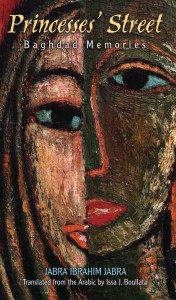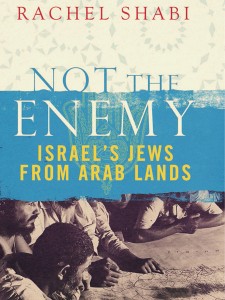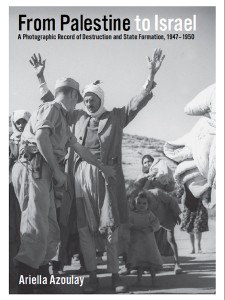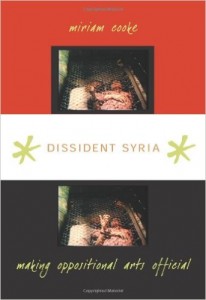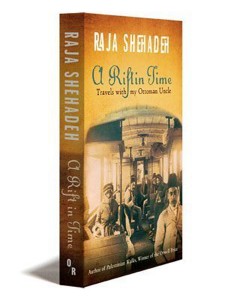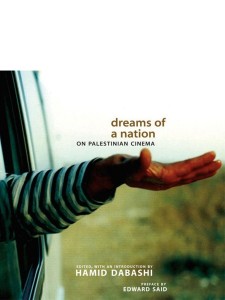ISBN: 978-1557288028
Paperback
Publisher: University of Arkansas Press (15 Nov. 2005)
Language: English
Product Dimensions: 15.2 x 1.3 x 22.9 cm
This book continues the personal story of Jabra Ibrahim Jabra (1920a1994) that began with The First Well: A Bethlehem Boyhood. Jabra was one of the Middle East’s leading novelists, poets, critics, painters, and translators (he was the first to translate The Sound and the Fury into Arabic), and is the writer who is given credit for modernizing the Arabic novel. This book not only helps us understand Jabra as a writer and human being but also his times in post-World War II Baghdad when Iraq was enjoying an unprecedented period of creativity in literature and the arts. As a bright and inquisitive young man he became friends with the archeologist Max Mallowan and his wife, who, he later learned, was Agatha Christie (she wrote The Mousetrap during this period, in a little mud brick room). Jabra’s intellectual autobiography quickly developed as he traveled to Jerusalem, Oxford, and Harvard University, where he studied with I. A. Richards and Archibald MacLeish. A number of different teaching posts in Baghdad provided him opportunities to become friends with many leading poets, such as Buland al-Haydari and Tawfiq Sayigh; historians like George Antonius; and the renowned translators of Arabic literature Desmond Stewart and Denys Johnson-Davies. But this book is not only about matters of the mind, it is about matters of the heart as well. Jabra beautifully describes his lengthy love affair with a young Muslim woman, the beautiful Lamica, whom he first met near Princesses Street and whom he eventually married. He recounts all of the difficulties they had to surmount, and the pleasures to be had. This is the last book that Jabra published during his lifetime. Not only is Jabra’s life an outstanding example of the circumstances and fatea of the Palestinian in the twentieth century, but it also provides countless interesting insights into the cultural life of the Middle East in general and its modes of interconnection with the West.
